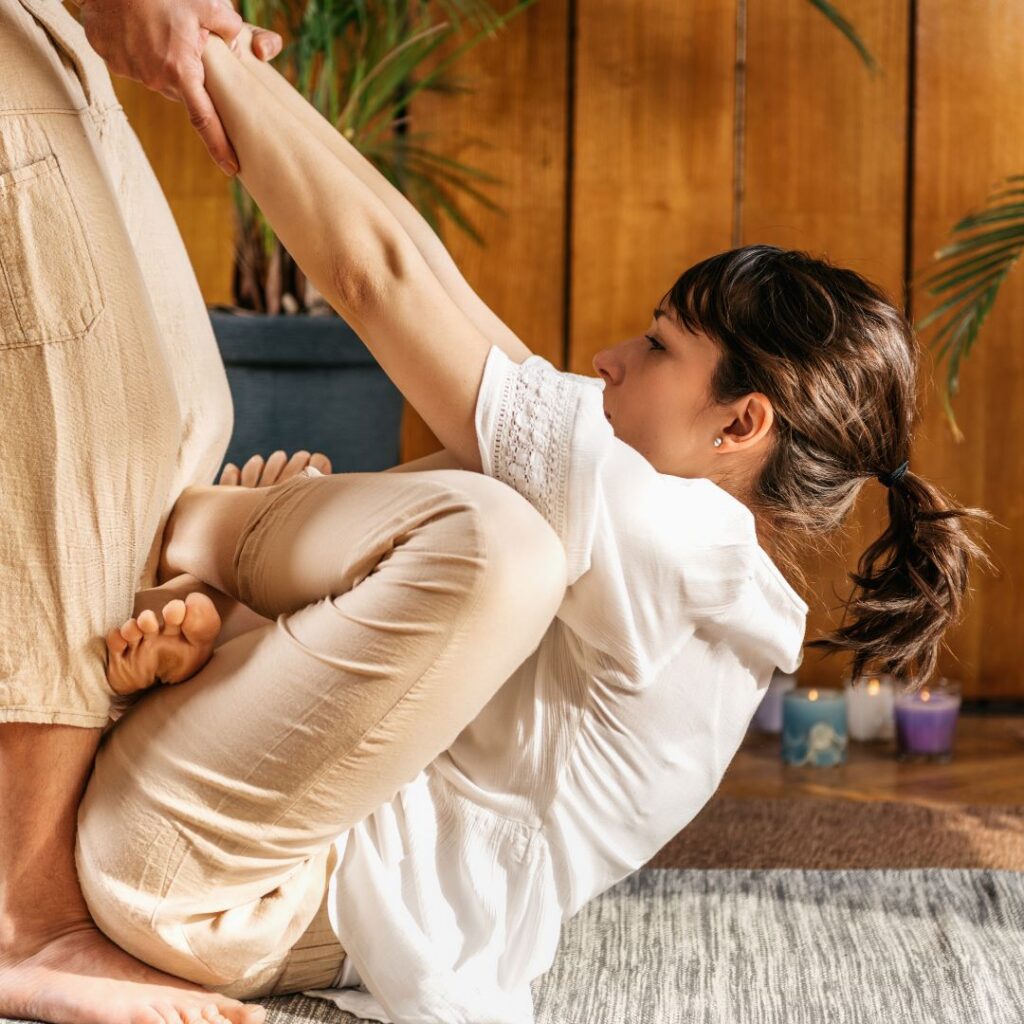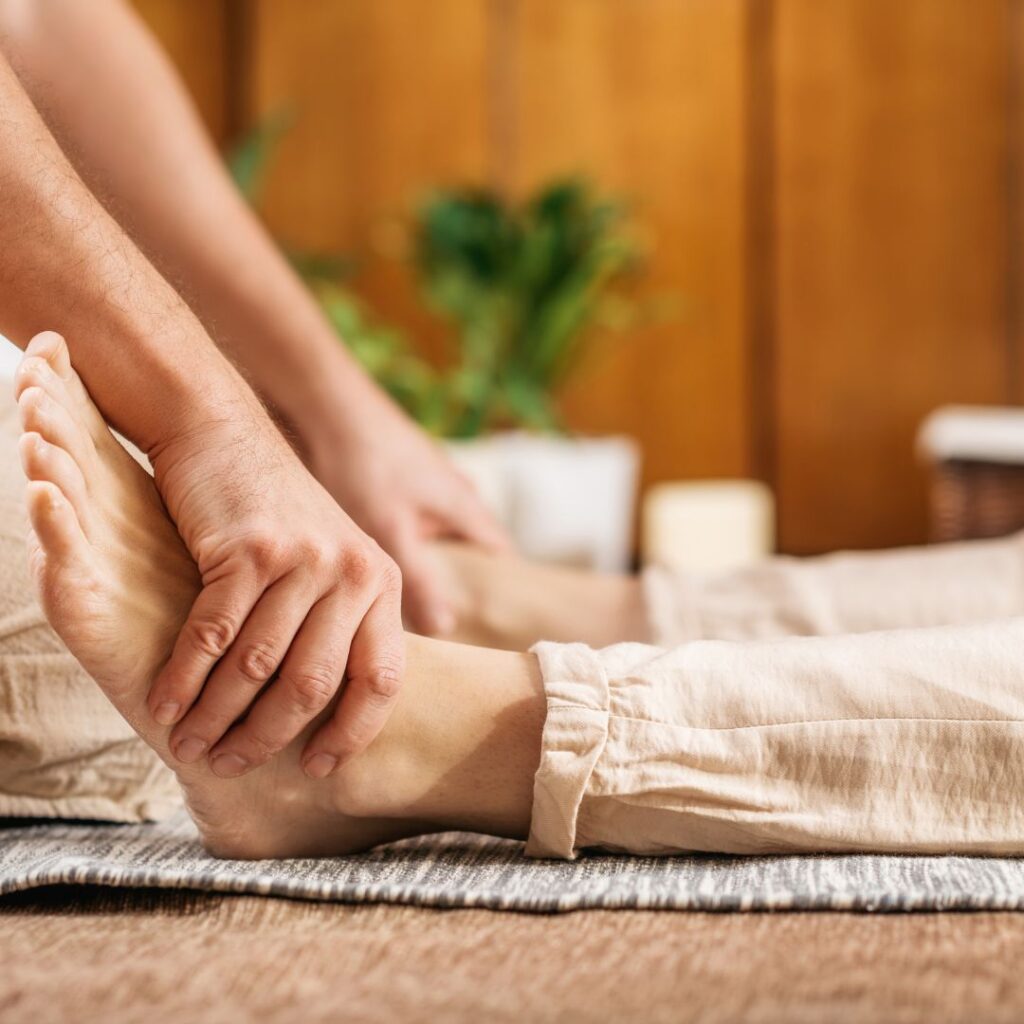Thai massage, also known as Nuad Thai, is one of the world’s oldest and most respected healing arts. It combines acupressure, stretching, and energy line therapy to provide holistic wellness benefits. For foreigners considering a career in wellness or those simply interested in learning a new skill, the question often arises: Can foreigners learn Thai massage in Thailand? The short answer is yes – and it’s a journey that can be both transformative and rewarding.
The Popularity of Thai Massage Worldwide
Over the years, Thai massage has gained recognition worldwide for its therapeutic benefits, leading to an increased demand for trained practitioners. Thailand, being the birthplace of Thai massage, is the best place to study this ancient art form. Many foreigners travel to Thailand to attend schools and certification programs that teach the authentic techniques passed down through generations.

Visa and Residency Requirements for Foreigners
Before embarking on your Thai massage journey in Thailand, it’s essential to understand the legal requirements for foreigners. If you plan to study at a Thai massage school, you must have a valid visa. Many students opt for a tourist visa for short courses, but for longer courses, such as those lasting several months, a student visa or a non-immigrant visa might be required. It is advisable to check with the school or the Thai embassy in your home country to ensure you have the right documentation.
Choosing the Right School
Selecting the right school is one of the most important decisions in your journey to becoming a Thai massage practitioner. Thailand is home to numerous massage schools, but not all offer the same level of instruction. Reputable schools, such as Nuad Thai School, are accredited by the Thai Ministry of Health and follow government standards. These schools provide authentic, high-quality training that includes both theoretical knowledge and practical experience. You should look for schools that offer certifications recognized by Thai authorities, which will be necessary if you plan to practice professionally in the country.
Language and Cultural Considerations
While most schools in Thailand cater to international students, it’s essential to consider language and cultural barriers. Some schools offer instruction in English, while others may primarily use Thai. It’s important to inquire about the language of instruction when selecting a school to ensure that you’re comfortable with the teaching format. Additionally, understanding Thai culture and traditional healing practices can enhance your learning experience and deepen your connection to the massage technique.
Training Requirements
To become a licensed Thai massage therapist, foreign students must complete a minimum number of training hours. These typically range from 150 to 300 hours, depending on the type of certification. Training usually includes courses in anatomy, physiology, energy line theory, and hands-on practice. For beginners, this comprehensive curriculum provides a solid foundation, while the most renowned schools also offer specialized programs such as traditional Thai massage, foot reflexology, and therapeutic massage techniques.
Hands-On Experience
An essential part of learning Thai massage is gaining hands-on experience. Many schools provide practice clinics where students can perform massage techniques on real clients under the supervision of experienced instructors. This experience not only builds confidence but also helps students develop the skills needed to apply pressure correctly and safely.

Licensing and Certification
After completing the required training hours, students must pass both written and practical exams to obtain certification. The exam typically covers Thai massage theory, techniques, and safety standards. Once certified, students can apply for a Thai massage license, which allows them to legally work in spas, wellness centers, or even open their own businesses in Thailand.
The Long-Term Benefits of Studying Thai Massage in Thailand
Studying Thai massage in Thailand is more than just a professional qualification—it’s an opportunity to immerse yourself in the culture and heritage of this ancient healing tradition. Whether you plan to open a spa, work in wellness centers, or use your skills to enhance your own personal wellness practices, the experience of learning in Thailand offers profound benefits. It also provides a unique chance to connect with like-minded individuals from all over the world who share the same passion for holistic health.
Final Thoughts
Becoming a skilled Thai massage practitioner in Thailand is not just about mastering techniques; it’s about understanding the deep cultural significance of the practice. Foreigners can absolutely learn Thai massage in Thailand, and in doing so, gain invaluable skills that promote health, relaxation, and well-being. With the right training, cultural immersion, and dedication, your Thai massage journey can be a life-changing experience, opening doors to new career opportunities and personal growth.

